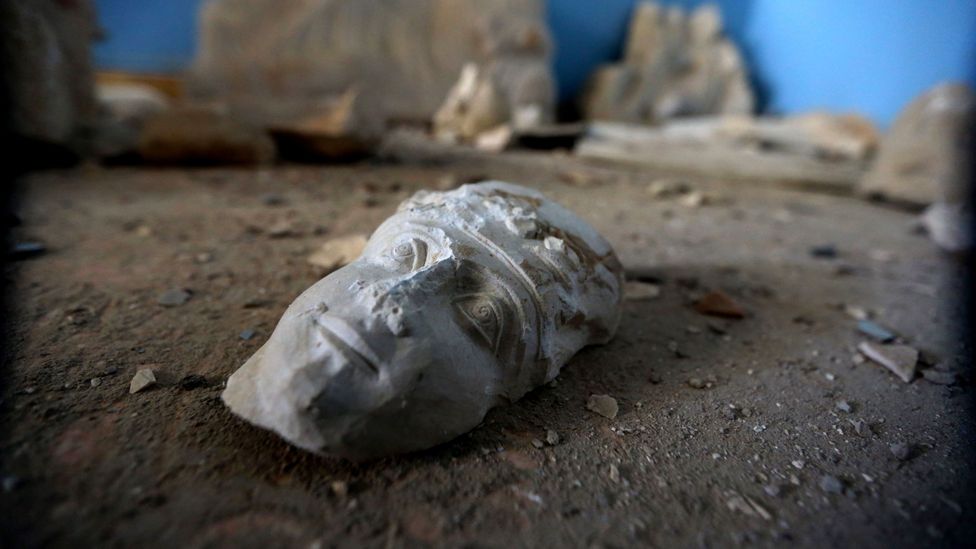
A very interesting article was put out by the JEC, Joint Economic Committee on December 18, 2019 called - Introduction: The American Tradition of Association. What is the JEC? The Joint Economic Committee (JEC) was created when Congress passed the Employment Act of 1946. Under this Act, Congress established two advisory panels: the President's Council of Economic Advisers (CEA) and the Joint Economic Committee. Their primary tasks are to review economic conditions and to recommend improvements in economic policy. It is a mix of Democrats and Republicans.
Here is what that article had to say about the American Tradition of Association.
In the fall of 1727, a dozen young men—most of them tradesmen and artisans—began meeting on Friday evenings at the Indian Head Tavern in Philadelphia. They met to debate philosophy and current events and to exchange information and resources in the name of “mutual improvement.” They called themselves the “Junto Club” and were led by an ambitious, twenty-year-old printer. His name was Benjamin Franklin.
...The practices that Franklin popularized in colonial Philadelphia not only made the “City of Brotherly Love” worthy of its name. They have continued throughout the history of the United States. For more than two centuries, Americans have organized themselves voluntarily to address their common problems. Many of the most consequential social movements in the United States, from abolition to temperance to civil rights, have been outgrowths of the American instinct to associate. It is one of American society’s most striking qualities.
During his visit to the United States in 1831-2, Alexis de Tocqueville marveled at the associative patterns of American society. In the first volume of Democracy in America, he observed that,
Americans of all ages, all conditions, all minds constantly unite. Not only do they have commercial and industrial associations in which all take part, but they also have a thousand other kinds: religious, moral, grave, futile, very general, and very particular, immense and very small; Americans use associations to give fêtes, to found seminaries, to build inns, to raise churches, to distribute books, to send missionaries to the antipodes; in this manner they create hospitals, prisons, schools. Finally, if it is a question of bringing to light a truth or developing a sentiment with the support of a great example, they associate. Everywhere that, at the head of a new undertaking, you see the government in France and a great lord in England, count on it that you perceive an association in the United States.
Instead of patrons, Americans sought peers. In this bottom-up, participatory form of civic action, Tocqueville found that the institutional form of association could “fix a common goal to the efforts of many men.” American associations acted in lieu of government and private industry; they provided a place for the exercise of freedom, secure against external intrusion and individuals’ atomizing tendencies and dedicated to the proposition that a whole could be greater than the sum of its parts. Above all, they instructed citizens in the art of self-government, instilling the democratic habits necessary to maintain the American republic. In sum, associations provided the space between government and markets in which Americans, and the communities they formed, could flourish.
Tocqueville, however, saw associations as not merely useful or beneficial for democracy, but essential to it. Association alone was responsible for the myriad functions of a democratic society: “[T]he progress of all the others depends on the progress of that one."
Even in our twenty-first-century American society, associational life ought to be at the center of thinking about our social order and public policy. As discussed in “The Wealth of Relations,” the Social Capital Project is focused on expanding opportunity by revitalizing families, communities, and civil society. This report is an overview paper for one of the five policy areas identified as a priority: rebuilding civil society. It lays out the nature of our diminished civil society, documents trends in its decline, and charts a path to its renewal
There are several American mediating institutions named that used to maintain civil society in the United States: neighborhoods, churches, schools, voluntary associations, philanthropy i.e. We should ask ourselves who is really in control of those mediating institutions today looking at the state of emergency regarding civil society and yes, that is the state of our civil society.
The JEC of course had their recommendations for recognized a diminishing civil society in America. In their recommendations, they point out Stuart Butler who wrote in To Empower People, “[t]he deregulation (as in top down restrictions) of mediating structures may well be much more important to these institutions 'rather' than finding new ways to fund them.”And, I would add... rather than restructuring them. This is after all, a grass roots nation. What Alexis de Tocqueville observed over one hundred years ago still holds true.
Wake up America, get out of your stupor [stop following the piped piper] and get back your right to freely associate and to rule as a country for the people and by the people.
*Online Sources ~ https://www.jec.senate.gov/public/index.cfm/republicans/analysis?ID=78A35E07-4C86-44A2-8480-BE0DB8CB104E
https://www.jec.senate.gov/public/
What has happened to our civil society? It was hijacked by a group or party of people that disregard what American stands for = liberty and the right to free association. How was it hijacked? It was carried out by the cv one niner followed up by top down engineered propaganda, intimidation, and harassment under the cover of 'saving lives' through a socially destructive jab.
ReplyDeleteMany people have been quoting Benjamin Franklin's famous response when asked what sort of government they had come up with at the Constitutional Convention of 1787. His answer was... "A Republic... if we can keep it"! Right Now, it looks like we can't. It looks as if the American constitutional republic has given way to an American oligarchy. ~ Roger Kimbal
ReplyDelete